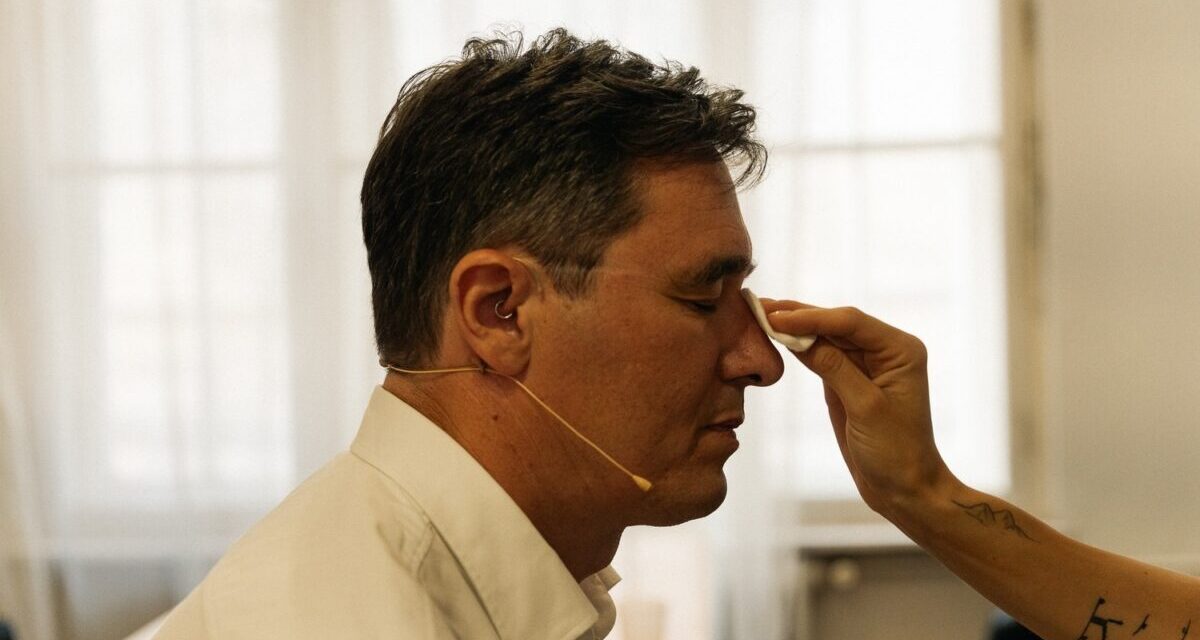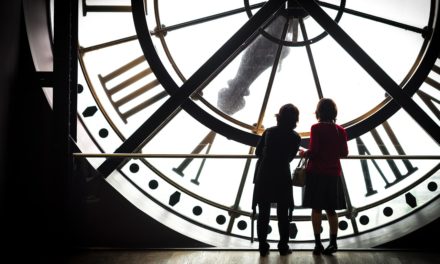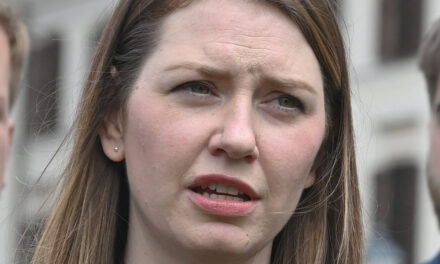In its decision handed down on Friday, the Constitutional Court annulled the curia's decision on the election of mayor, so the race between Gergely Karácsony and Dávid Vitézy for the leadership of Budapest is still not over. In the case, the Court must conduct a new procedure and make a new decision.
As is well known, Gergely Karácsony became the mayor of Budapest again in the municipal election on June 9, but both main contenders contested the result. Dávid Vitézy IV. and VII. in the district, and the old-new mayor requested a completely new election, but these were rejected, and even during the past week, the Kúria confirmed that there will be no new elections in the capital. After the recount took place, Gergely Karácsony won with only forty-one votes, but his challenger was still not satisfied, so on June 28, he appealed to the Constitutional Court with a constitutional complaint against the Kúria's order.
Karácsony also responded to Vitézy's arguments
In his 17-page motion, Vitézy explained that the Court's decision violated Article XXIII of the Basic Law. suffrage contained in paragraph (1) of Article and XXVIII. (1) and (7) of Article 28, by ignoring the fundamental legal aspects of the case before him.
According to the petitioner, crossing out the name of the eliminated candidate was done in such a deceptive way that it reached the level of fundamental rights restriction for both the voters and the candidates.
In addition, the Court continues - the argument continues - it did not comply with its obligation to give reasons, among other things, when it ignored the fact that the petitioner presented the new request in a review motion because the relevant facts and evidence only came to light during the recount, furthermore, it placed a disproportionate burden of proof on the petitioner.
In connection with the constitutional complaint, Karácsony also submitted his constitutional position to the Constitutional Court on July 4. In it, he submitted: since the complainant did not substantially exhaust the legal remedies available to him, there is reason to reject the complaint. According to Karácsony, the motion should also be rejected because the petitioner is not IV. or VII. district voter, i.e. the alleged violation does not affect his active right to vote. In addition, he believed that the complainant did not present a substantive constitutional argument in his motion.
The President of the Court spoke
To some surprise, András Zs. Varga, the president of the Kúria, also spoke in the ongoing case on July 4. The former constitutional judge said in the InfoRádió Aréna program:
If the Constitutional Court upholds the constitutional complaint and annuls the Court's decision, the case will obviously come back, but we don't know anything about it yet.
The curia president added, suggesting a lot:
"The decision of the Constitutional Court is binding on the Curia, however, in exceptional cases it may happen, as has been the case, that the Curia makes the same decision once again, but this can primarily happen in cases where the Constitutional Court finds some procedural error, but not the case annuls the Court's decision due to its substantive decision."
The complaint was found to be well-founded
After that, the 1st five-member council of the Constitutional Court met on Friday, headed by Attila Horváth, whose members include - in addition to Miklós Juhász and Marcel Szabó - Imre Juhász, the president of the panel, and Réka Varga, vice-president.
On Friday, the Constitutional Court annulled the order of the Kúria, which upheld No. 391/2024 establishing the results of the mayoral election. NVB decision no.
According to the reasoning of the decision, the Court did not sufficiently justify in its order why it found the judicial review request submitted against the NVB decision to be groundless, which led to the violation of the right to a fair court procedure.
According to the Constitutional Court, the basic question of the case was whether the Court correctly interpreted the concept of infringement. In its conclusion, it stated that based on the new evidence obtained during the recount of the invalid votes, a recount of the valid votes cannot be requested, as it qualifies as an allegation of a new violation of the law.
According to the position of the Constitutional Court, the Curia disregarded Article 28 of the Basic Law and classified the petitioner's request for the recount of valid votes as a new violation. According to the interpretation in accordance with the Basic Law, however, the task of the Court would have been to determine, in connection with a previously alleged violation, whether a recount of the valid votes became necessary based on the new evidence. Pursuant to the decision, the right to a fair procedure is violated if the validity or invalidity of the votes are not evaluated on the basis of the same criteria during the election procedure.
In the case, the Court must conduct a new procedure and make a new decision.
Featured image: Partisan / Facebook













